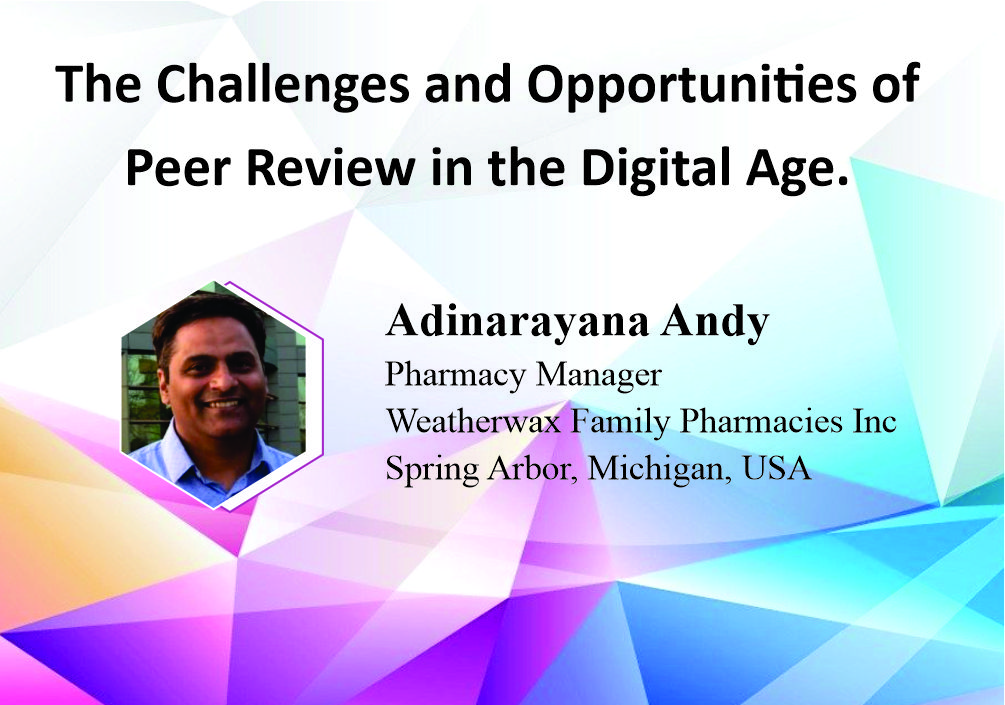Challenges:
The increasing size of academic literature is placing unprecedented demands on the existing peer review process, leading to a burden on reviewers. This has led to a lack of diversity and bias, with AI in peer review posing potential issues. The digital age also brings new risks to research integrity, such as fake data and plagiarism, and the rise of predatory journals. Additionally, traditional review cycles are slow to move research out of the lab.
Opportunities:
AI technologies are being developed to automate peer review processes, including plagiarism detection, statistical analysis checks, reviewer matching, and consistency checks. These systems can optimize processes, avoid bias, and speed up scientific data publication. Digital platforms are enabling global collaboration, increasing accessibility and diversity. Open peer review models are being explored to make the evaluation process more transparent and accountable. Interactive tools like Peer Review Process Simulator and Reviewer Matching Assistant are being developed to improve scholarly assessment efficiency. Recognition systems could attract high-quality reviewers.
Future Directions
The future of peer review involves integrating AI as a complement to human expertise, developing standardized AI guidelines, enhancing collaboration between academic institutions, industry, and funding bodies, addressing environmental concerns related to blockchain technology, and clarifying the role of peer reviewers in the digital age. By embracing these innovations, the scientific community can create a more efficient, transparent, and effective peer review system for the digital age.

